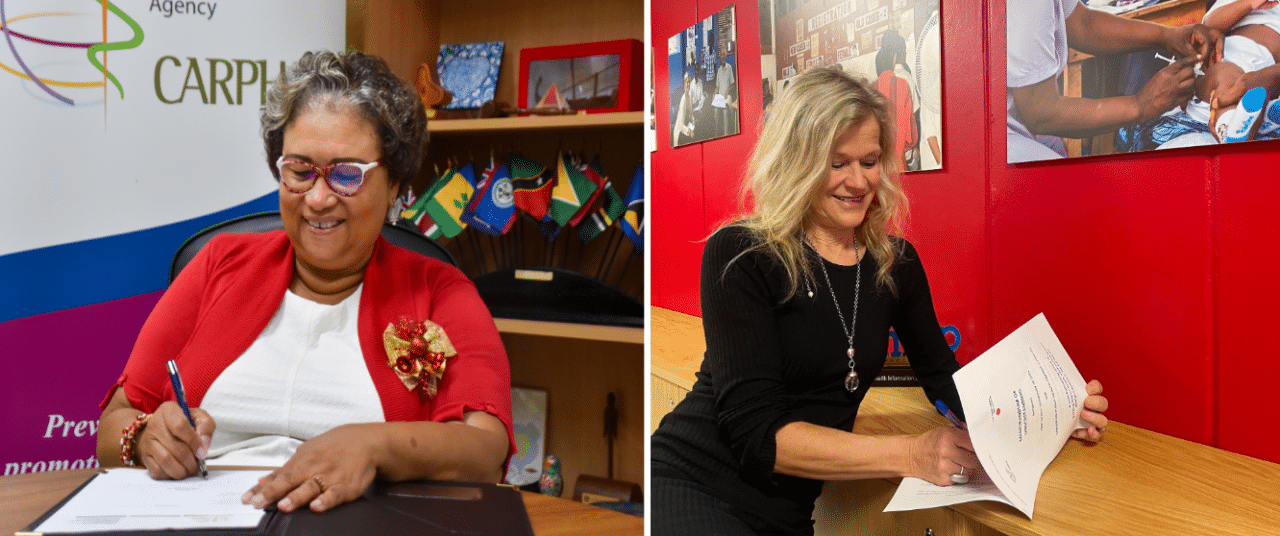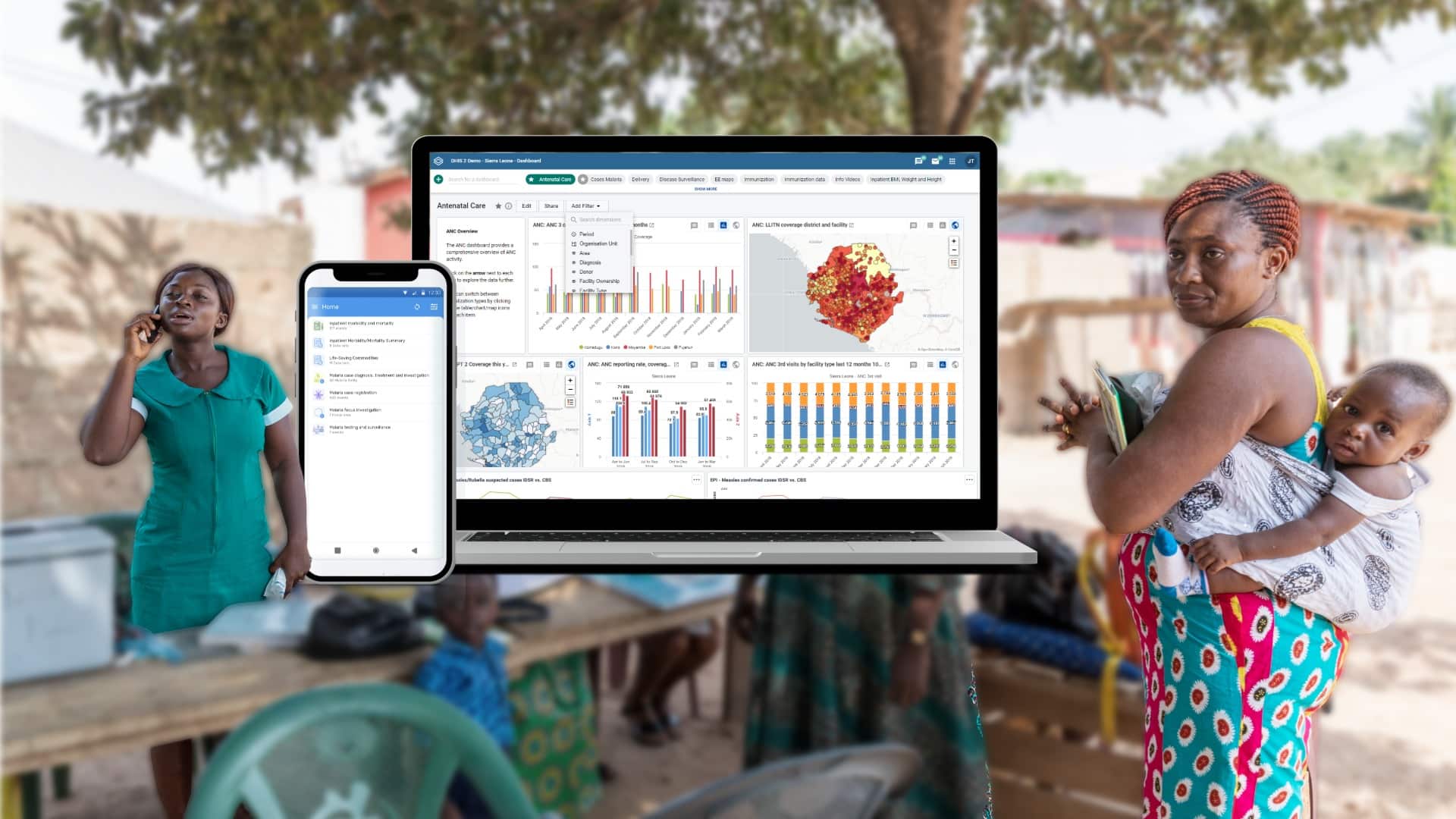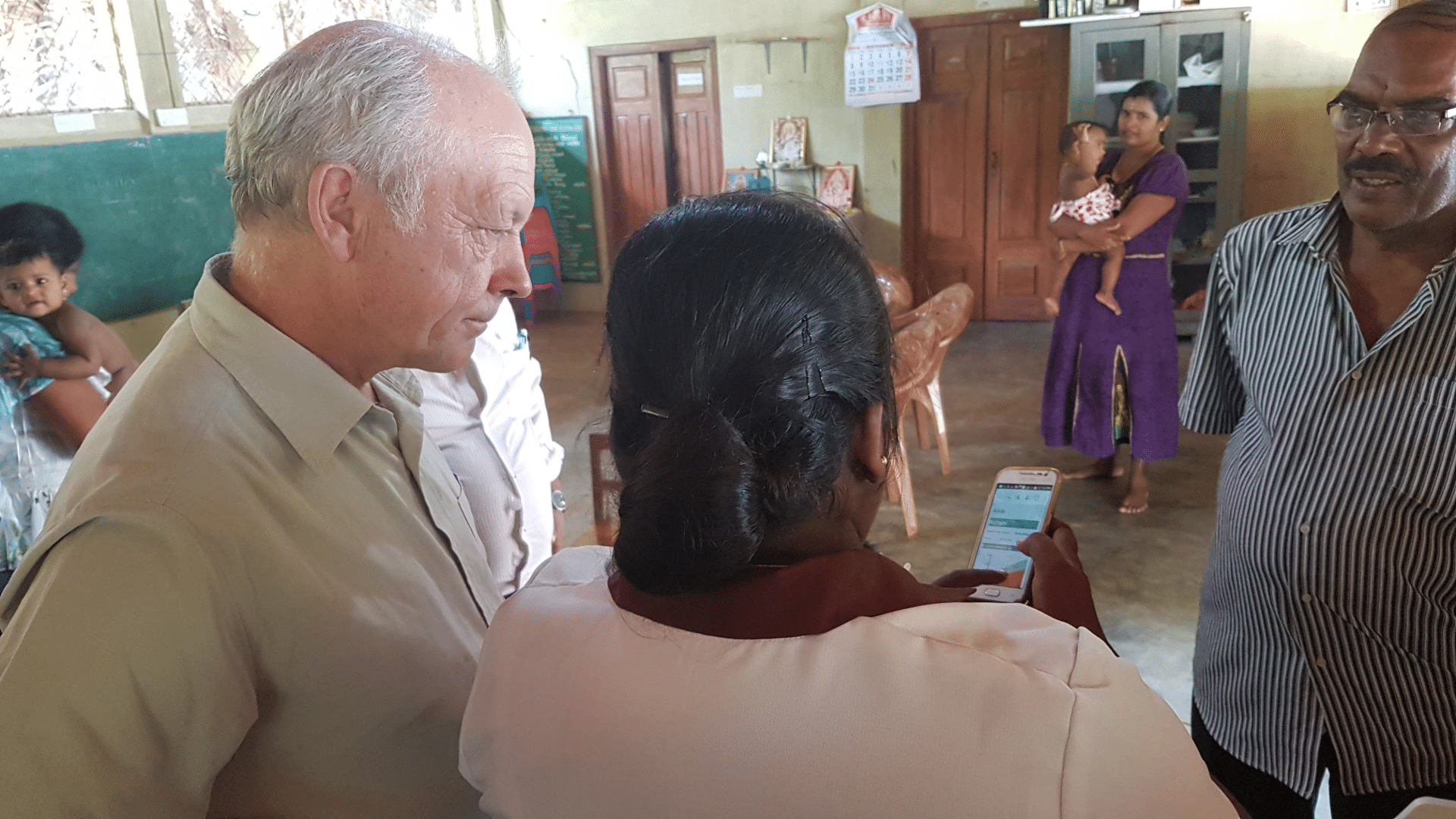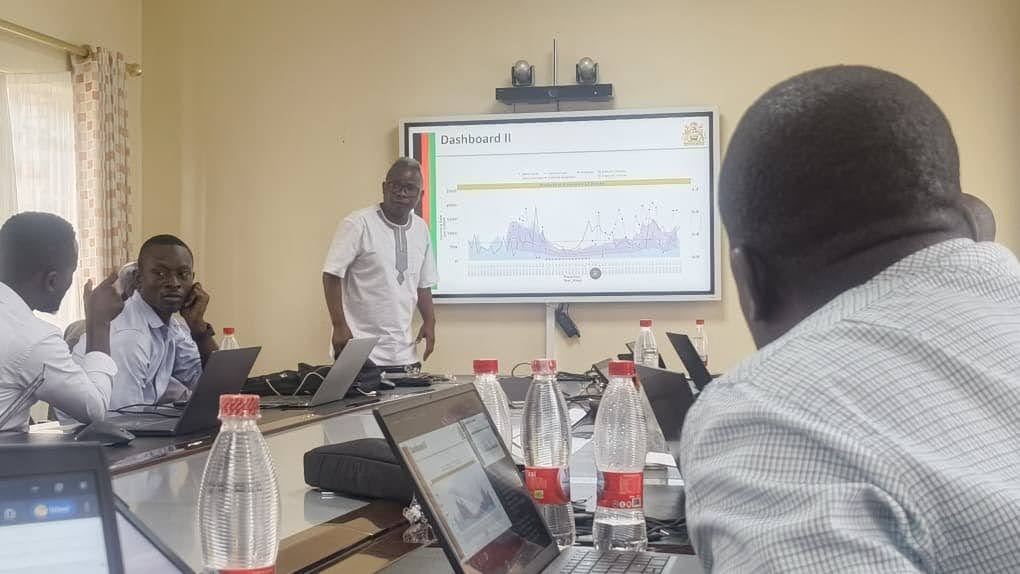The DHIS2 Annual Conference takes place from 15-18 June 2026! Learn more

DHIS2 News: CARPHA and HISP Sign MoU to Strengthen Public Health and Disease Surveillance Systems Management in the Caribbean
The Caribbean Public Health Agency and the HISP Centre have initiated a 5-year partnership to collaborate on capacity building, research, and integration of the region into the global DHIS2 community of practice
On December 1, 2023, Dr. Joy St. John, Executive Director, Caribbean Public Health Agency (CARPHA) and Professor Kristin Braa, Director of the HISP Centre at the University of Oslo, signed a Memorandum of Understanding (MoU) to enhance the effectiveness and efficiency of public health systems management in the Caribbean.
This collaboration is ground-breaking because it aims to fortify public health and disease surveillance systems over the next five years through joint efforts in national and regional DHIS2 capacity building, research on public health and information systems, and the integration of the region into the global DHIS2 community of practice. DHIS2 is an open source, web-based platform most commonly used as a health management information system.
Dr. Joy St John, Executive Director, CARPHA expressed her enthusiasm about the partnership:
“This MoU with the University of Oslo establishes a collaborative framework, fostering knowledge exchange and research synergy between our organization and academic experts. This partnership can significantly enhance the use of DHIS2 in public health surveillance, leveraging the University’s expertise to advance our mission of fostering healthy people, healthy spaces and a healthy Caribbean through robust data-driven initiatives.”
Professor Kristin Braa, Director of the HISP Centre, also hailed the signing of the MoU, “We’re very excited to embark on this collaboration with CARPHA. We see a lot of opportunities and possibilities to work together to help strengthen public health systems in the Caribbean with DHIS2.”
Mr. Gabriel Garcia, IT Manager, CARPHA shared similar sentiments, “It marks a significant step towards building resilient public health systems in the Caribbean. By combining our expertise and resources, we can make substantial contributions to the field of public health disease surveillance and management.”
Key aspects of the partnership include:
Capacity Building: CARPHA and the University of Oslo will collaborate to develop and implement comprehensive capacity-building programs aimed at strengthening the skills and knowledge of public health professionals. Workshops, training sessions, and knowledge-sharing initiatives will be tailored to address the evolving needs of the sector.
Research Collaboration: The MoU establishes a framework for joint research projects that will contribute to the advancement of disease surveillance systems and public health strategies. Researchers from both organizations will collaborate on cutting-edge studies with the goal of producing impactful findings that can inform policy and practice.
Strategic Initiatives: CARPHA and the University of Oslo will engage in various joint activities, including conferences, seminars, and outreach programs, to promote knowledge exchange and foster innovation in the field of public health. These initiatives will serve as platforms for thought leadership and collaborative problem-solving.
The partnership between CARPHA and the HISP Centre University of Oslo underscores a shared commitment to advancing global health outcomes and addressing the challenges posed by emerging infectious diseases. The MoU is for a period of five years, until 1 December 2028.
Background
CARPHA is the sole regional public health agency for the Caribbean, legally established in 2011 by an Inter-governmental Agreement signed by the Caribbean Community member states. CARPHA is responsible for providing strategic direction and analyzing, defining and responding to the public health priorities of the Caribbean in order to prevent diseases, promote and protect health and to respond to public health emergencies.
The HISP Centre began operations in 1994 as an action research project supporting health system digitalisation in low- and middle-income countries, and has grown to become the hub of an international network. HISP coordinates the development of the open-source DHIS2 software and promotes research, innovation and capacity building in digital global health and related areas; helping countries to deploy digital tools like DHIS2 to monitor public health, combat and prevent pandemics, and manage treatment and care for a variety of health programmes.


